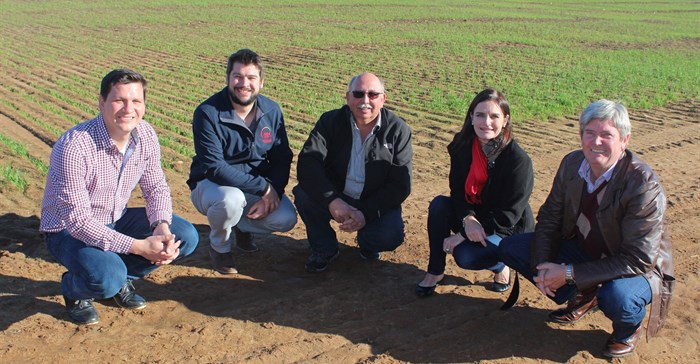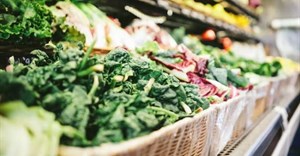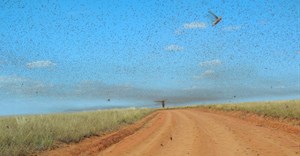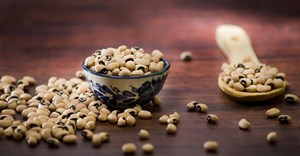
Subscribe & Follow
AB InBev multi-million rand funding boosts research into beer ingredients at SU

Their endeavours are being funded through the new AB InBev Research Chair in Agronomy held by Prof Nick Kotze of the SU Department of Agronomy. According to Kotze, bursaries worth R1m will be provided to six undergraduate and four postgraduate MSc students at SU. A further R1m is being set aside to fund various research projects.
According to Dr Nikki Else, research and development manager: agriculture Africa at AB InBev, it is the biggest investment yet in a South African university by AB InBev Research, or by SAB Miller Ltd - with which it merged in October 2016. Beers such as Budweiser, Stella Artois, and Corona, as well as local brands such as Castle Lager, Castle Lite, Carling Black Label, Lion Lager and Hansa Pilsener count among the popular AB InBev brands.
Research to help mitigate risk in supply chain
“We are excited about the partnership, and believe that the research will mitigate potential risks within the supply chain, demonstrating our commitment to South Africa whilst ensuring the required quality that meets the needs of our brewers and our customers,” says Else.
Much of the work will focus on barley, used in malt production, which is a core ingredient in many a beer brewed worldwide. Different analytical tests will be developed to detect pre-germination in barley seeds as well as some identified barley defects. These parameters all have an influence on the eventual quality of the barley to be used to produce malt, and which influences the supply of barley within the supply chain.
“From the research, we hope to put forward recommendations to predict the storage potential of pre-germinated grains, to ensure that crops are not lost completely,” says Kotze.
Cassava, sorghum research to help AB InBev increase its reach in Africa’s local beer market
Cassava and sorghum research will also be conducted where several varieties will be evaluated against agronomic and quality criteria. Various trial sites in Africa for selected varieties will be identified in order to determine different climatic and soil conditions on production.
According to Else, projects related to cassava and sorghum will help AB InBev increase its reach in Africa’s local beer market. “Through this project, we hope to provide guidelines to producers in these countries on the production techniques that work best to grow quality sorghum,” says Kotze.
Another project involves food scientists at Stellenbosch University which will focus on the detection of a quality compound issue found in the cassava plant. The project consists of Prof Kotze, Dr Stefan Hayward and Prof Pieter Gouws of the Department of Food Science at Stellenbosch University, as well as Dr Else of AB InBev.
“Laboratory facilities to do such tests are not always available in the remote areas where cassava is typically produced,” explains Prof Gouws. “Therefore, we’d like to develop a kit that is easy and quick to use in the field.” The SU researchers will, therefore, be looking into ways to adapt the available corrin-based chemosensor technique that can currently only be performed in a laboratory.













